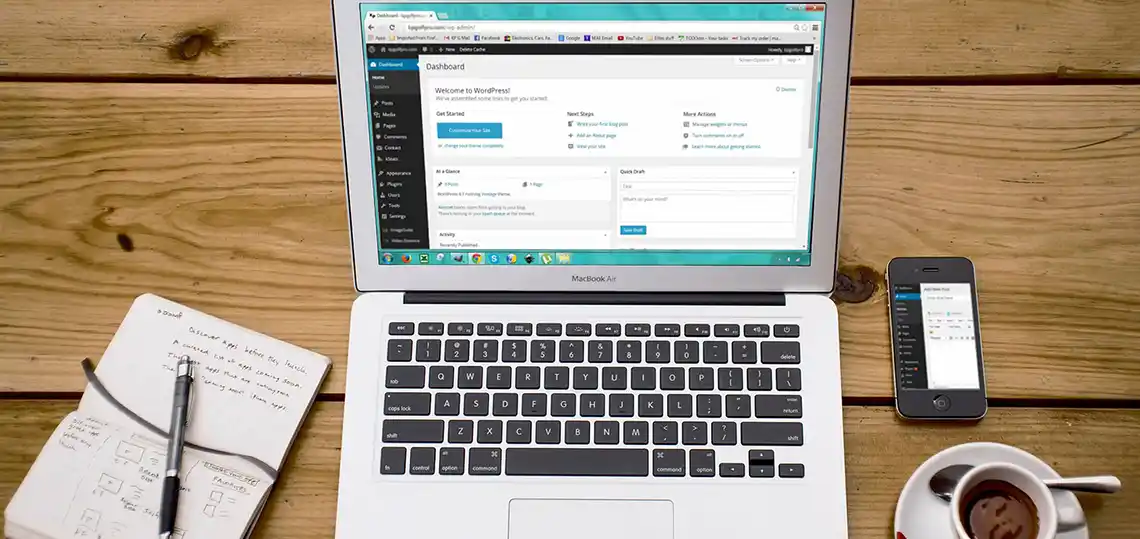
Are you considering a WordPress website to be built for your small business, but are unsure of the ongoing costs associated with operating one? You are not alone. We have had many clients over the years, ask what kind of ongoing costs are involved, so let us discuss those here.
Now, in order to keep your website up and running correctly over time, you can expect to pay ongoing fees (monthly or annual) for certain services. These services are essential for ensuring your website’s security and performance, which has a direct impact on overall user experience including user engagement and conversions.
Domain Name and Domain Privacy Renewals
A domain name is the unique “name” address that makes it easy for most people to find your website on the internet. As such, it must be registered and renewed to maintain “ownership”. I say “ownership” in quotes because when you register a domain name, you do not actually “own” it. Rather, you are simply paying for the exclusive right to use it for a specified period of time. You can pay to register or renew a domain name for a period of one to ten years.
Domain name renewal fees can be different based on the registrar and the domain name extension.
Additionally, if you must renew a domain privacy protection service to hide your domain from public view, then this may add $10 to $30 per year, depending on the domain registrar.
Web Hosting
In a nutshell, web hosting is a monthly service that stores your website’s files and database on a web server, while being connected to the internet, making your website accessible to the public.
If that confuses you, here is another way to look at it. A website without web hosting is like a cellphone without cellular service. So, just as you need cellular service in order to make and receive calls from your mobile phone, you need web hosting in order for your website to be publicly accessible via the internet.
Keep in mind, there are many different hosting providers offering a wide range of hosting plans at various price points.
SSL Certificate
An SSL certificate is a method by which the connection between a website’s hosting server and a visitor’s web browser is encrypted. By the way, SSL is an acronym that stands for Secure Sockets Layer. In utilizing an SSL certificate, you protect sensitive information (e.g. credit card numbers, passwords, etc.) from being intercepted by hackers. Many hosting providers charge separately for SSL certificates, but some include it at no extra cost with their hosting plans.
Plugin Updates
If you utilize a “Premium” WordPress plugin (an upgraded version that you pay for), you will likely be required to pay annual renewals to the plugin developer to extend support and plugin updates. Updates are necessary to fix security vulnerabilities and bugs. Updates can also be used to enhance a plugin’s functionality.
Security Measures
With the overwhelming popularity of WordPress, the necessity of safeguarding your WordPress website from malicious attacks is a given. Regularly implementing security measures can include malware scans, use of a firewall, backups, etc. These services are typically offered by your hosting provider and add to the ongoing cost of maintaining your website.
Total Ongoing Costs
The total ongoing costs to operate and maintain a WordPress website really depends on a number of factors. This included whether any security products/services, premium plugins are being renewed, as well as the type of hosting plan being renewed and from which hosting provider.
That said, assuming that no premium plugins, domain privacy service or additional security services (such as a firewall) are being used, but only a basic Linux hosting plan (cPanel or Managed WordPress) you might expect to pay roughly $200-$300 per year.

